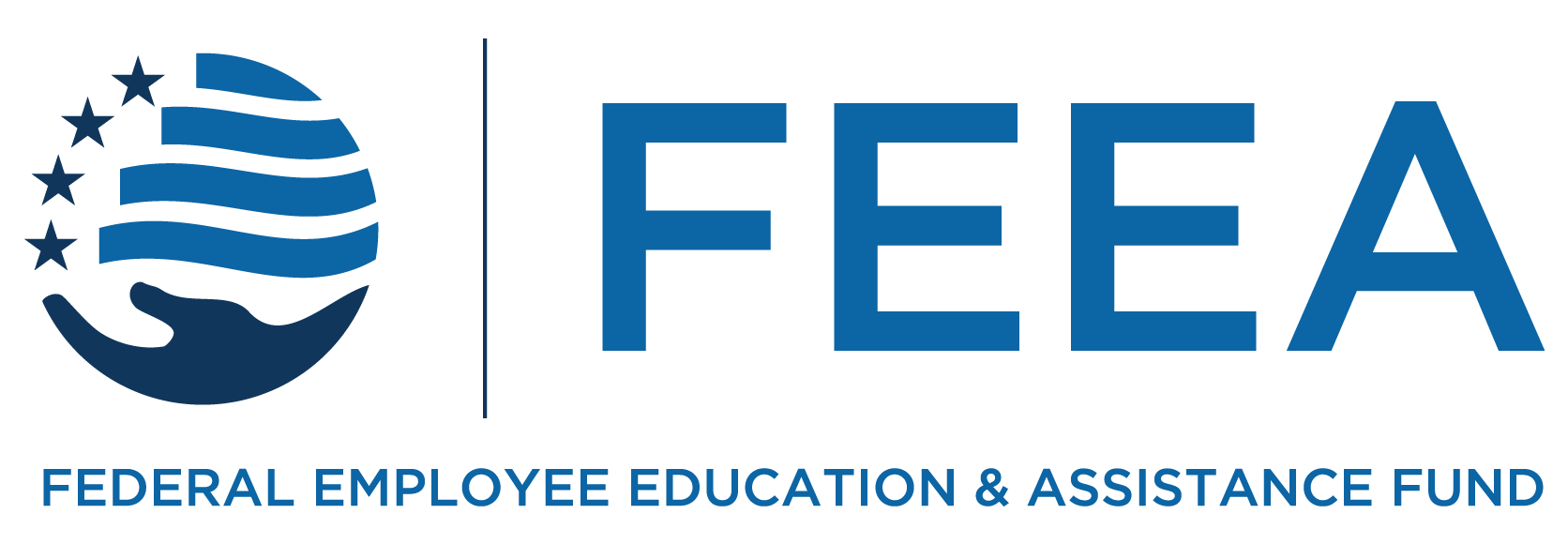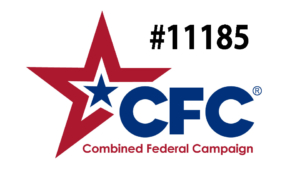6 Steps to Moving Your Aging Parents Closer to You
Today many adult children live far away from their parents. Maybe the child moved away for study or work. Or maybe the parents moved away for a more retirement friendly locale as they entered their empty nest years. Either way, often there comes a time when adult children would like their aging parents closer by and vice-versa. Here are 6 steps to consider as you prepare to move your aging parents closer to you:
- Once you and your parents agree this is the best decision, make a list of what needs to be done. In the bullets below, we list some of those key action items that need to be handled. As you create this list, decide if other family members will help share in the responsibilities of the move or if you want to seek the help of an aging specialist (nurse, social worker, etc.) to help navigate the process.
- Assuming space allows at your parents’ new home, before the actual move is the best time to decide what they will take with them and what will be sold/donated/given away. Keep in mind that sentimental and important familiar pieces of furniture and mementos may ease the transition to a new home. Balance that with the cost and ease of moving these items. Ideally, you will be able to work with your parents to decide what is most important to them.
- Moving day can be anxiety-producing at any age! Consider how to make the day less stressful and whether it’s best for someone other than your parents to navigate the physical move (packing, movers, furniture placement, unpacking, etc.).
- If the move will require a new set of medical professionals, start looking early. Ask for recommendations from friends and colleagues. If your parents need to see a specific type of specialist, your own trusted physician may have good recommendations in the area. Also, be sure to check if the new providers accept your parents’ insurance.
- It’s a good idea to not only have medical records sent directly from the old physician(s) to the new, but also to have your parents keep a complete set themselves for reference. Given Health Insurance Portability and Accountability Act (HIPAA) privacy rules, ask your parents if it’s ok for you and/or other immediate family members to be listed as contacts regarding their care and treatment. If they agree, be sure to have all those forms filled out in advance with each physician. Also, it’s a good idea to keep an updated list of all medications and dosages from all doctors for each individual to share with medical professionals in an emergency.
- Whether your parents’ new home is with a family member, their own home or apartment, or in a care facility (independent, or assisted living or a nursing facility) it’s important to establish a new routine to ease the transition. Is there a local senior center close by? Programs at the local library or rec center? Are they engaged in any programs their care facility may be offering? Is there a special night or two each week for a group family dinner? Establishing a routine often helps control anxiety and makes acclimating speedier.
Would you like to receive more information like this when it comes out? Sign up for the FEEA newsletter using the box in the lower right hand corner of this page.
Would you like to reprint this piece in your agency human resource, federal employee association, or union local newsletter? You can do so at no cost by contacting admin@feea.org with your request.



